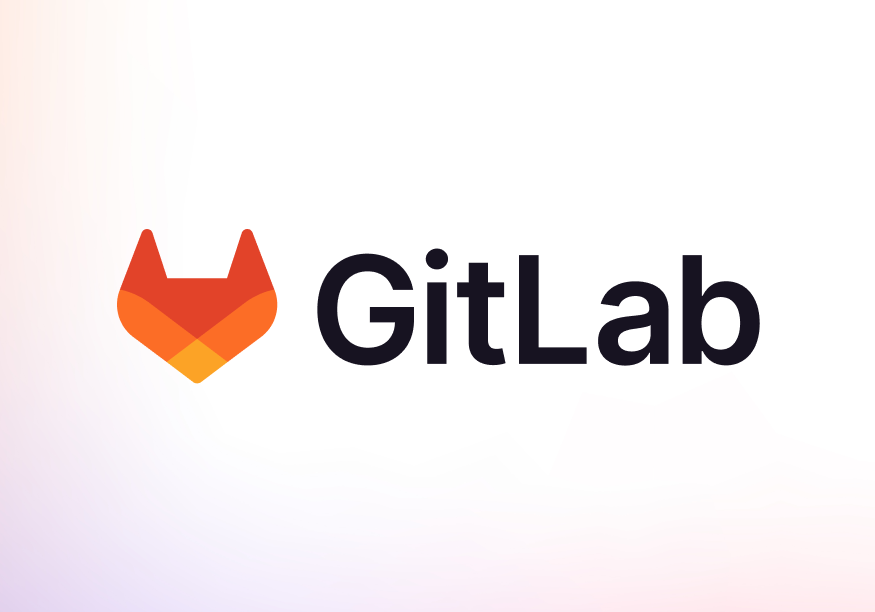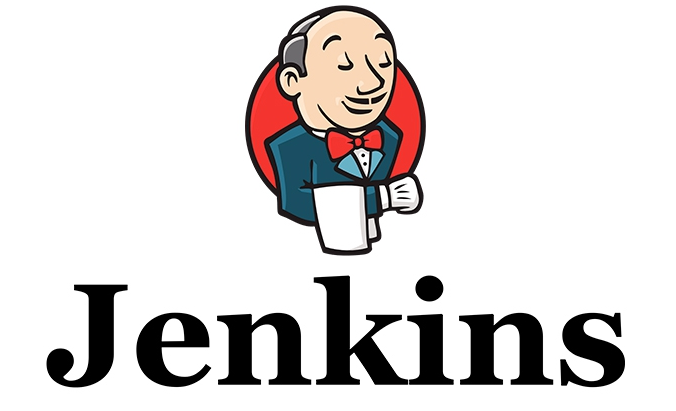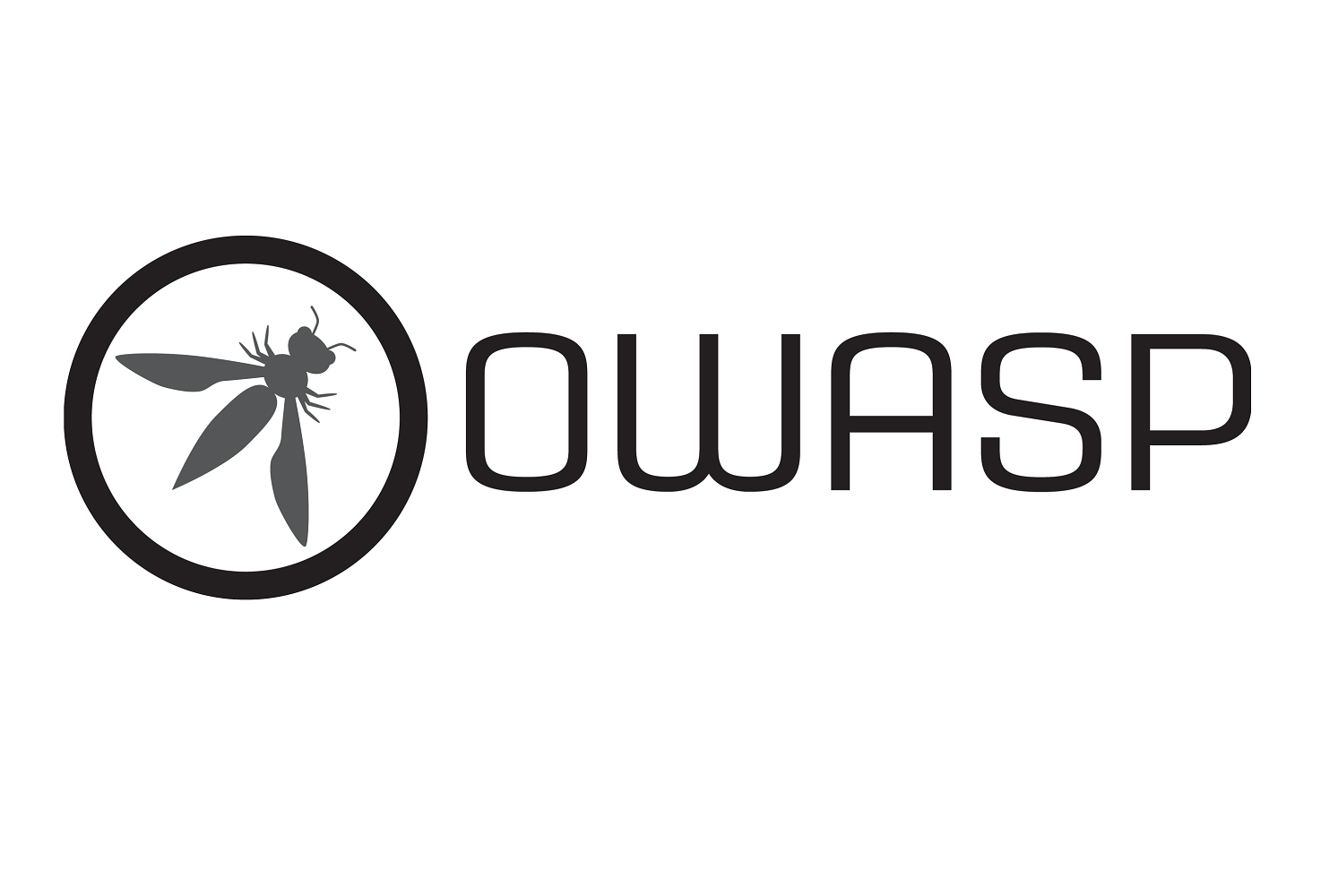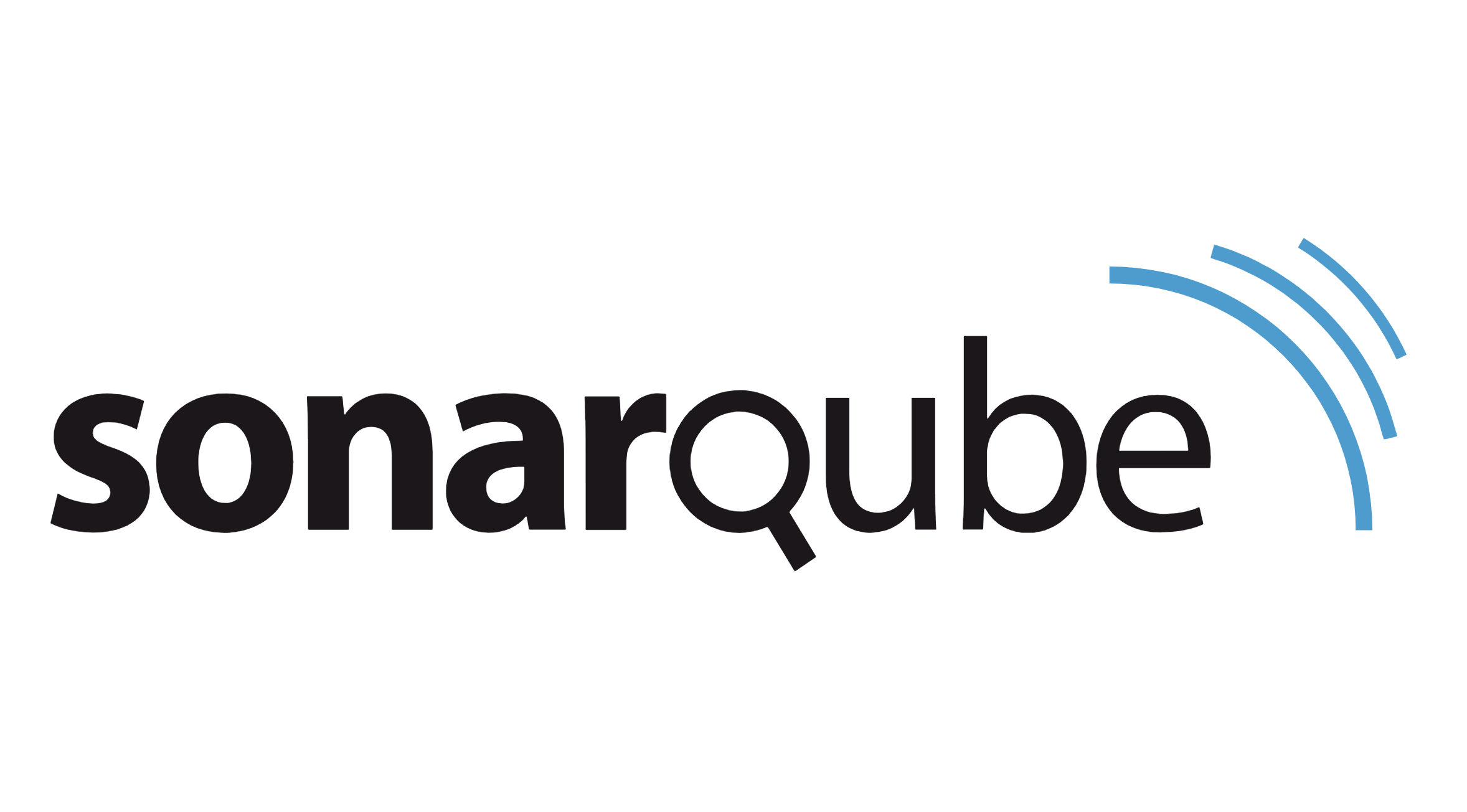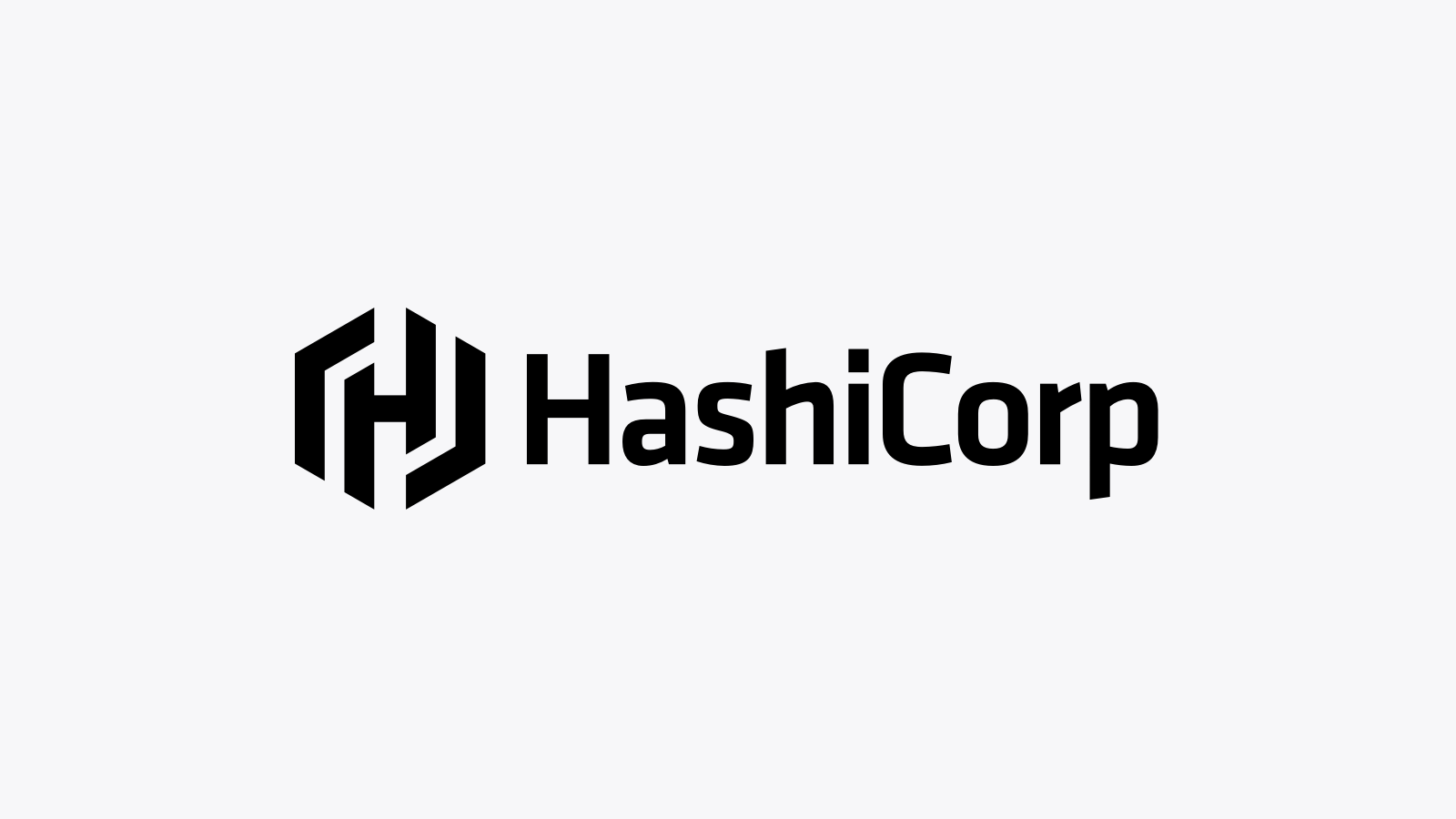.png)
Best Devsecops Tools
November 29, 2023
Table of contents
Quick Access

When it comes to the security of a software project, you can never say “enough.” Devsecops is one of the newest cybersecurity services or solutions in the technology market and one that you should immediately apply in your technological project.
On the AWS page they define Devsecops as “the practice of integrating security testing into every stage of the software development process. It includes tools and processes that foster collaboration between developers, security specialists, and operational teams to create software that is both efficient and secure. “DevSecOps brings a cultural transformation that makes security a shared responsibility for everyone who creates software.”
They explain how the word devsecops is made up, saying “DevSecOps means development, security and operations. It is an extension of DevOps practice. Each term defines different roles and responsibilities of software teams when creating software applications."
Most popular tools to apply Devsecops
As organizations adopt DevSecOps practices, selecting the right tools becomes crucial.
GitLab
GitLab is an end-to-end DevOps platform that integrates source code repositories, CI/CD pipelines, and security scanning tools. Its built-in security features include static application security testing (SAST), dynamic application security testing (DAST), and dependency scanning.
Key Features:
- Integrated code repository and CI/CD pipelines.
- Automated security testing throughout the development process.
- Scanning containers for Docker images.
Jenkins
An open source automation server, Jenkins is widely used to build, test, and deploy software. With a wide range of plugins, Jenkins can be extended to include security scanning tools, making it a versatile choice for DevSecOps.
Key Features:
- Extensive ecosystem of plugins to integrate security tools.
- Pipeline as code to define and manage implementation processes.
- Continuous tracking and reporting capabilities.
The Open Web Application Security Project (OWASP) dependency check is a tool that identifies project dependencies and checks for known and publicly disclosed vulnerabilities. It supports multiple programming languages and integrates well with build systems.
Key Features:
- Automatic identification of vulnerable dependencies.
- Integration with popular build tools like Maven and Gradle.
- Periodic updates of vulnerability databases.
SonarQube
SonarQube is a platform for continuous inspection of code quality and security. Provides static code analysis and identifies security vulnerabilities, code smells, and bugs.
Key Features:
- Security hotspots to focus on the most critical issues.
- Integration with popular CI/CD tools.
- Real-time feedback to developers.
HashiCorp
HashiCorp Vault is a tool for managing secrets and protecting sensitive data. In a DevSecOps context, it ensures secure storage and access control to secrets used in application development and deployment.
Key Features:
- Centralized secret management.
- Dynamic secret generation.
- Audit log for compliance.
The tools mentioned above provide a solid foundation for integrating security into the DevOps process, allowing organizations to deliver software quickly and securely.
As the field continues to advance, staying informed on emerging tools and best practices is essential to maintaining a proactive approach to DevSecOps.
We recommend you on video
Related Blogs

Steps for software product development
-9.20.37-a.m.png)
Product Design and Development

Tools for Machine Learning

The Best Data Science Tools in 2025

What is Data Science?


